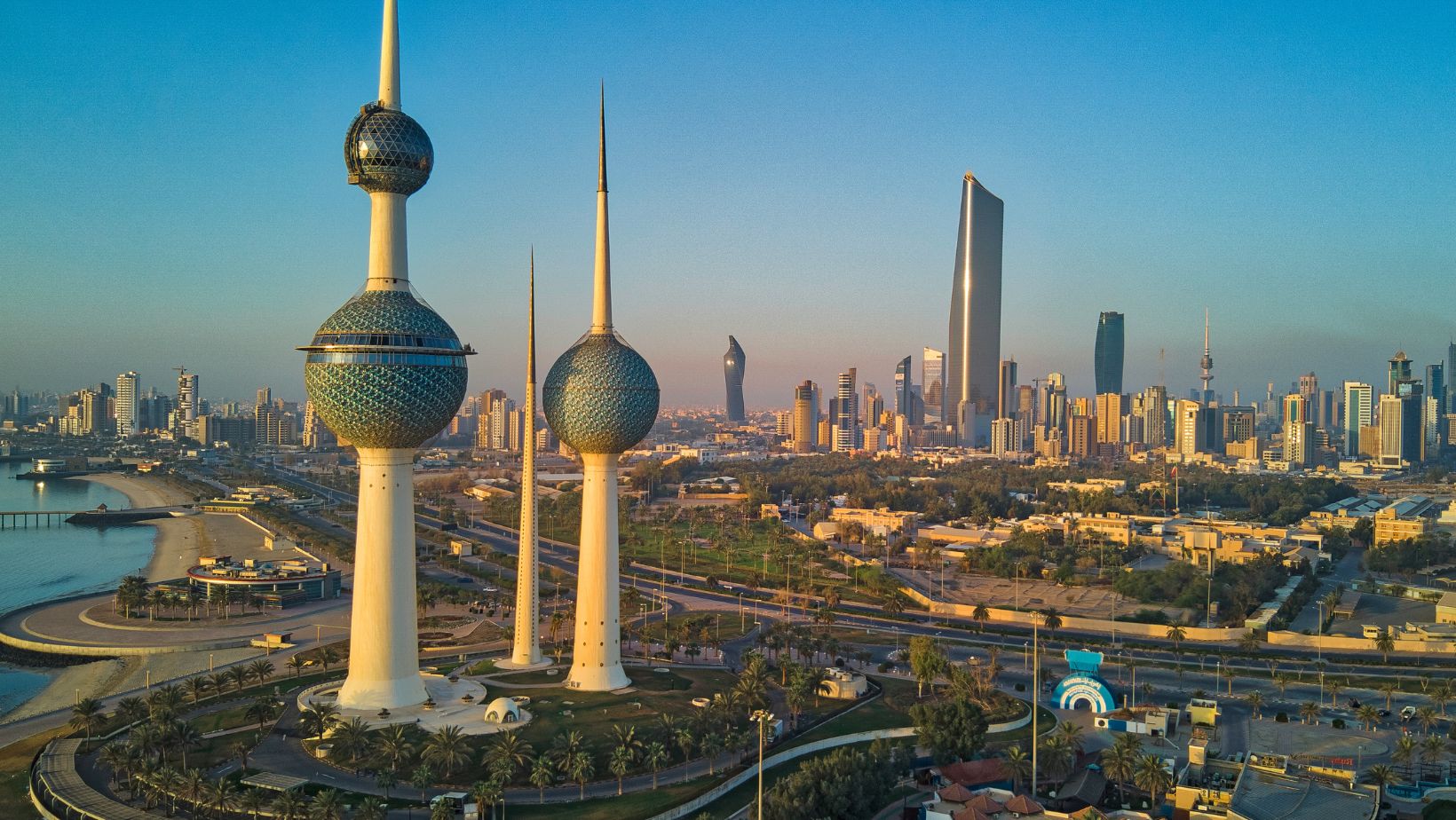

Kuwait is well on its way to becoming a major player in the finance sector both at home and abroad, buoyed by the government’s Vision 2035 initiative.
The country is keen to create fresh revenue streams as part of its long-term plans to reduce their over-reliance on the oil and gas sector as well as facilitate the growth of the private sector.
Kuwait is convinced their Vision 2035 initiative, also referred to as the ‘New Kuwait’, will help to position the nation as a regional and international finance and trade hub.
However, while their heart is in the right place, it’s hard to shake the feeling that they’re missing out on a golden opportunity by refusing to open their doors to the iGaming industry.
The iGaming sector is making waves around the world, and the pros of tapping into its vast potential far outweigh the cons, but Kuwait does not see it that way – at least not yet.
Kuwait is making huge strides in areas such as tourism, private equity and sustainability, but they’ve drawn the line on iGaming. By contrast, the United Arab Emirates (UAE) have shown their Middle East neighbours how to mitigate the risk by establishing a regulatory body.
The global iGaming industry has the potential to grow even more. If Kuwait softens its stance, the economic impact would be mind-boggling.
The Middle East has traditionally been a no-gambling zone, and Kuwait is one of many nations keen to uphold the law. However, online casinos in Kuwait are still available to Arab players, but they are regulated by authorities in other established gaming jurisdictions.
It remains to be seen if Kuwait will shift its stance, but iGaming could be a significant contributor to the country’s long-standing diversification goals.
Kuwait’s Vision & the Untapped Potential of iGaming
Vision 2035 was developed to establish Kuwait as a forward-thinking, knowledge-driven economy.
The ambitious initiative is built upon seven pillars that will help to improve crucial areas such as infrastructure, governance, human capital, and social cohesion.
The goal is to enter the top 35 percent of global rankings across key economic and social indicators by 2035. To make that ambition a reality, Kuwait has sanctioned structural reforms, infrastructure investments and technological advancements.
The Kuwaiti government is fast-tracking its $26 billion investment in water and energy projects to stimulate credit growth and resolve energy shortages.
Some of the funds will spill into other sectors, such as utilities, housing, transport, tourism, and entertainment, so it wouldn’t be surprising if these areas expand significantly in the coming years.
For instance, the hotel market is predicted to grow in 2025, and a recent report from an analytics firm suggests the travel & tourism market in Kuwait should generate a staggering $973.9 million in revenue.
The sector is expected to grow by a combined annual growth rate (CAGR) of 2.98% every year between 2024 and 2029, and if that happens, the market volume could skyrocket to $1.128 billion by 2029.
These numbers might be earth-shattering, but Kuwait’s reluctance to get iGaming in the mix is the only flaw in their otherwise rock-solid plan.
Since gaining widespread recognition, the iGaming sector has been the major driving force for substantial economic growth around the world, becoming a multi-billion-dollar global market.
Given their rather audacious goals, Kuwait would be foolish not to incorporate arguably the fastest-growing sector in the world into their economic diversification plans.
Regulatory Challenges & Lessons from Gulf Neighbours
One of the main reasons why Kuwait is still dragging its feet around the iGaming sector is its commitment to upholding the cultural and religious laws that have been in place for decades.
However, Kuwait can take a page from the UAE’s book, with the Emiratis refusing to be bound by the rules. The UAE is determined to explore the vast possibilities of the iGaming sector and has made several moves that have sent shockwaves throughout the region.
The Emiratis made its first move towards legalised gambling by issuing its first-ever lottery license through its recently established agency for regulating commercial gaming.
It didn’t take long before they went a step further, handing a casino license to Wynn Resort, whose ongoing project in Ras Al Khaimah will house the first-ever land-based casino in the country.
The UAE received plenty of stick for their unprecedented moves, but other nations across the region are starting to recognise the potential benefits that come with regulated gambling.
Kuwait is still on the other side of the fence, but they can either follow in the UAE’s footsteps, which would be a massive boost for their long-term ambition, or risk being left behind in the regional race for diversification and innovation.
Online gambling platforms already operate within their borders. At least by embracing iGaming, they can get a large slice of the pie and protect their citizens from falling into the hands of the black market.














